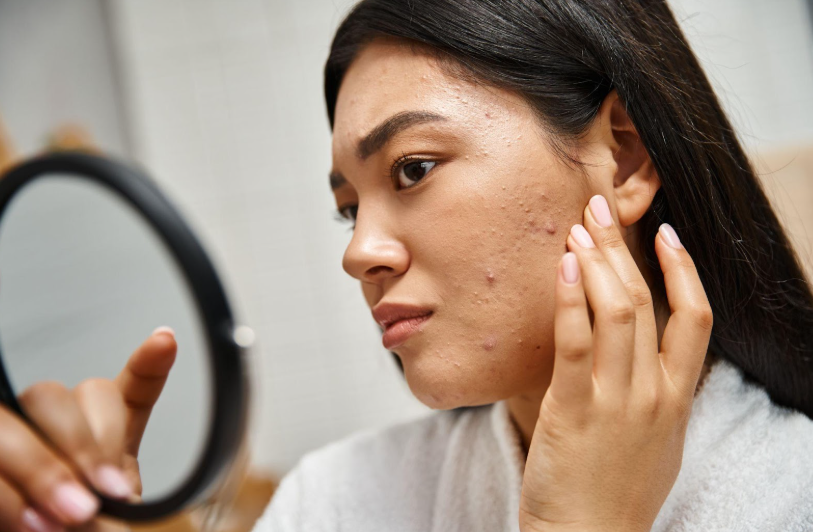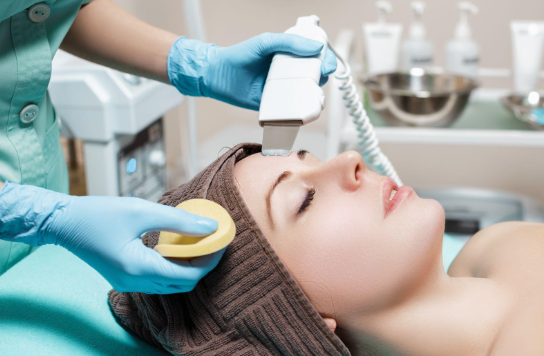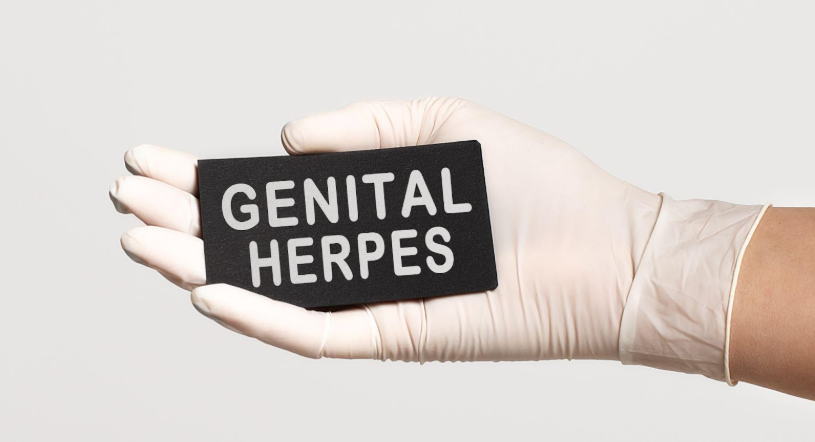Condylomata acuminata:
One of the more contagious skin conditions is that of genital warts. These warts appear in the genital area and can be a single wart or a cluster of warts. These warts are the byproducts of the human papillomavirus. All warts are a variation of this virus, even non-genital warts. Just like any other virus, it can be transmitted through sexual activity. There is a myriad of human papillomavirus variations, however, only a few of them can cause warts to appear. These warts can become irritated and cause discomfort to the patient. Warts of any kind are stubborn, therefore there are many treatments used on them. This particular characteristic of warts may yield many visits to your dermatologist.
What is the Difference?
Warts come in all shapes and sizes, and can appear in various locations. Some patients have a single or a few warts, and other patients have many warts. So what are some signs that someone has genital warts?
Common signs:
Small, scattered bumps that are skin colored or darker.
A cluster of discolored bumps that mimic a cauliflower texture.
Growths that have appeared in the genital area. These can a variation of raised, flat, rough, or smooth.
Other Signs:
Some warts may have no feeling whatsoever. Others may bleed, burn, itch, or hurt.
Warts that have appeared in the mouth or throat.
Warts that have appeared in or around the anus.
Warts have appeared in the groin area (not directly on the genitals).
Who is at Risk?
The American Academy of Dermatology estimates that at least half of people who have sex have had an HPV infection. However, not everyone that gets an HPV infection are ever plagued by genital warts. Typically this virus is fought off by the immune system and is disposed of within a few years and no longer becomes contagious. It is unknown why, but there have been studies that have found smokers are at greater risk for developing these warts. Additionally, those with weaker immune systems are at greater risk for developing genital warts.
Dermatology’s Role:
Genital wart cases can often go untreated because patients may feel embarrassed to discuss growths in their genital area. However, Pine Belt Dermatology providers can help patients obtain a peace of mind about their condition. By providing a proper diagnosis and prescribing the right treatment, patients can feel at ease or less anxious about their condition. Pine Belt Dermatology providers can remove the warts and send them to a lab to determine whether or not the patient does in fact have genital warts. If patients want to treat their genital warts, it is paramount that they schedule an appointment with Pine Belt Dermatology.
What are the benefits?
Removes warts that are difficult to keep clean.
Helps prevent the risk of spreading the virus to others.
Helps to relieve any discomfort the warts are causing (itching, burning, bleeding, etc.)
Ensures that the patient has genital warts instead of skin cancer.
Ensures the right treatment options are applied to contain the condition.
Pine Belt Dermatology discourages the use of over the counter wart medicine. The reason for this is that medication used to treat other warts does not treat genital warts. The treatments that Pine Belt Dermatology providers prescribe may include procedures and/or medication that can be applied at home.
Procedures:
Cyrosurgery – the provider will freeze off the warts with liquid nitrogen.
Laser treatment – the provider will destroy the warts with a laser light
Excision – the provider will cut off/out the warts.
Electrocautery – the provider will treat the warts with an electric current.
Medicine:
An ointment made from green tea extract can be applied to external warts at home. This is usually done to treat warts around the anus.
Podofilox – a medication that stops wart cells from growing. This can be used on single warts, but is typically reserved for large clusters of warts.
Imiquimoid – medication that is prescribed to help boost the patient’s immune system to help ward off the human papillomavirus.
Interferon – a medication that is injected directly into the warts. This is an antiviral drug that is typically used after other treatment methods have been exhausted.
It should be noted that all treatments are able to remove the warts, but they are not guaranteed to get rid of the virus itself. Patients undergoing treatment should exercise caution when engaging in sexual activity, and should notify their partners of their condition. If there are any questions or concerns do not hesitate to contact one of our offices in either Petal or Hattiesburg.
Pine Belt Dermatology & Skin Cancer Center, Hattiesburg:
601-475-9968 (P)
601-475-9969 (F)
Pine Belt Dermatology & Skin cancer Center, Petal:
601-336-5626 (P)
601-336-7826 (F)






